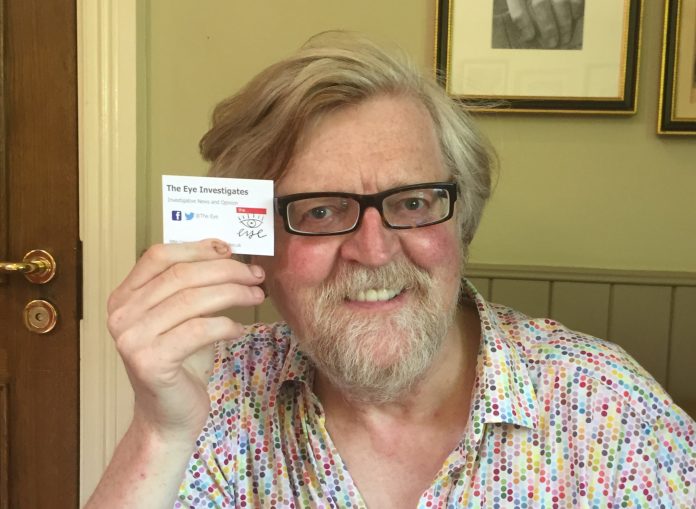- Right and wrong - 24th July 2018
- Acting the part - 19th April 2018
- Press reply - 19th March 2018
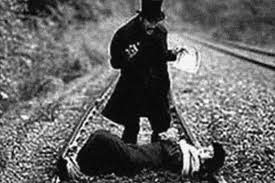
Here our columnist Boyd Clack explains the importance of melodrama in acting.
I am, as many of you will be aware, a professional actor, and if there is one thing that gives me pleasure it is watching good acting be it on TV, film or stage. I love it. I recently watched Death by Innocence – the Agatha Christie adaptation on the box and I was delighted to see not only good acting, but a uniform and nowadays unusual (to the point of being extinct) style of acting, delivered with panache.
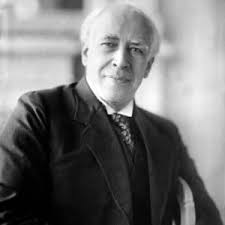
I am referring to melodrama. This style died out in the late nineteenth century, with the universal acceptance of naturalism with Stanislavski, Chekov, Ibsen et al in the vanguard.
Melodrama became embarrassingly old hat almost overnight. It had a faux revival in silent films where the exaggerated physicality, particularly in facial expression, lent itself to simple interpretation by audiences, but that was just a stay of execution.
For those unsure of what melodrama entails, it can be thought of compared to the modern ultra-naturalistic style, as overacting with large emotions signalled both physically and vocally.
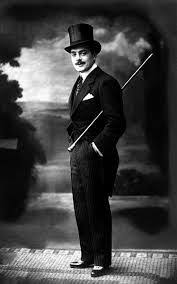
Think of the moustachioed twirling villains of the silent screen, the leering Lotharios, the terrified virgins tied to the railway tracks. It is non-naturalistic.
There are other acting styles, Brechtian alienation appears naturalistic but rejects it in its theoretical approach, for example and there were weird schools such as futurism and surrealism which owed more to melodrama than to naturalism, though naturalism was the accepted style of the time.
Dario Fo borrowed freely from melodrama as did much of Absurdist Theatre, but nowadays it seems actors and directors are actually afraid of it, lest it be interpreted by audiences as ‘not good’, ‘old fashioned’ or (God forbid) ‘silly’!
I did a melodrama workshop in college based on The Red Barn Murder plays popular in America in the latter half of the nineteenth century, and all I can say is I really enjoyed it.
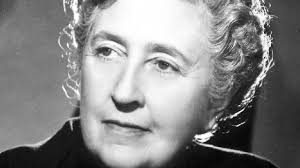
It is liberating and fun. I suppose one could see a Brechtian ‘showing’ rather than ‘being’ element to it if one wanted to over-analyse, but I’d prefer to just see it as fun.
It was lovely to see it in the Agatha Christie. I particularly liked Jack, the son who got murdered in prison and the escaped lunatic who was his alibi.
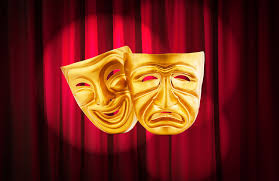
I realise I am in a small, almost non-existent, minority here, but I don’t care.
Apologies to non-acting friends who must find this a bit boring but fellow actors and lovers of acting will know what I mean.
Love to you all.
‘Ha Ha Ha Ha!! You will never catch me you fools!!!’








